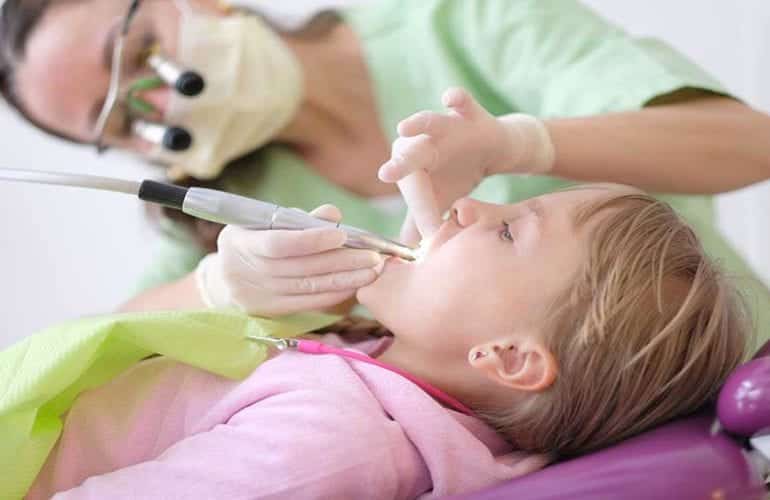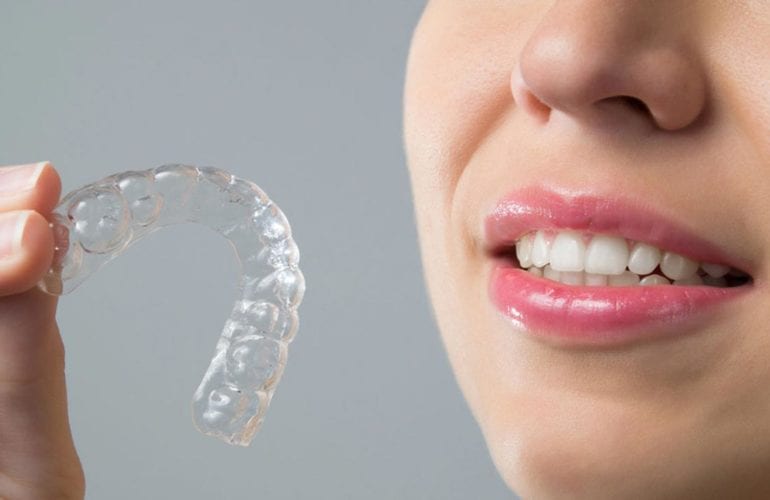Have you recently experienced jaw pain right after getting a dental filling? The feeling is super unpleasant, but it’s not uncommon to feel discomfort or soreness in your jaw following a dental procedure. Understanding the underlying cause can help alleviate your concerns. Let’s dive into why your jaw might be acting up and what you can do about it.
Recent Dental Work
This is usually the most significant indicator, but it still helps to highlight this. Usually, the aftermath of having a dental procedure, like a filling, can cause jaw pain. It’s normal for your jaw muscles to feel sore or exhausted after being held open for an extended period during the filling process. This discomfort usually goes away within a few days, and you’ll usually only have to deal with it for about a week. With that said, just be patient and give some time for your jaw muscles to relax and recover.
Misaligned Bite
A new filling can throw off your bite, essentially putting extra pressure on your jaw. This can make things feel pretty uncomfortable and even lead to some muscle strain, which can mean that jaw pain occurs (mostly when chewing, talking, or drinking). You can count on your dentist to easily adjust the filling, as this will restore proper alignment and alleviate the discomfort you’re dealing with.
Temporomandibular Joint Issues
Also known as TMJ for short, if you have jaw pain after filling and is only getting worse rather than slowly subsiding, then this can be a sign that you’re experiencing TMJ dysfunction. The pain must be pretty severe, as that’s one of the critical indicators.
The TMJ is the joint that connects your jaw to your skull, and issues with this joint can cause pain, stiffness, and difficulty moving your jaw. Your dentist can evaluate your symptoms and recommend appropriate treatment options. This may mean that lifestyle changes, such as exercising and using oral appliances, are in order.
High Filling
Occasionally, a filling may be too high or uneven within the tooth. This alone will lead to an uneven bite and create stress on your jaw joint, which can cause jaw pain after filling, tooth sensitivity, and sometimes even headaches. You can let your dentist know what’s happening, and they can easily adjust the filling to ensure proper alignment.
Infection or Inflammation
In rare cases, the jaw pain after filling could cause inflammation or even become a full-on infection in the tooth or surrounding tissue. This can occur if the bacteria enters the tooth during the filling procedure (very rare) or if the tooth was already compromised before the filling was placed. If this jaw pain lasts for over a week, and you’re noticing that the pain is gradually increasing, then you have to take this as a sign to see your dentist ASAP for an evaluation and treatment.




